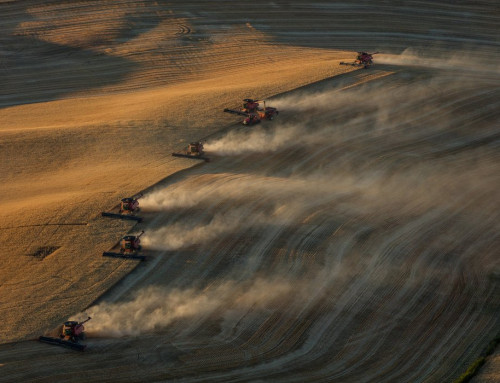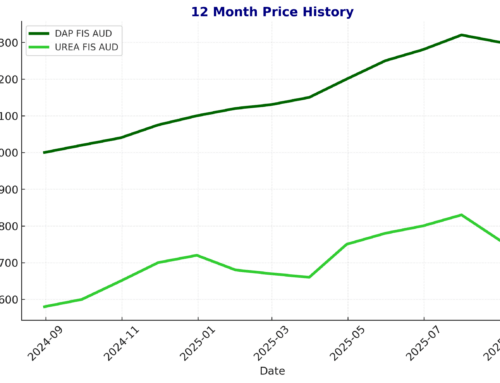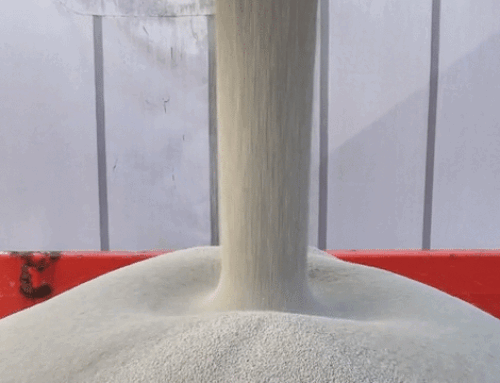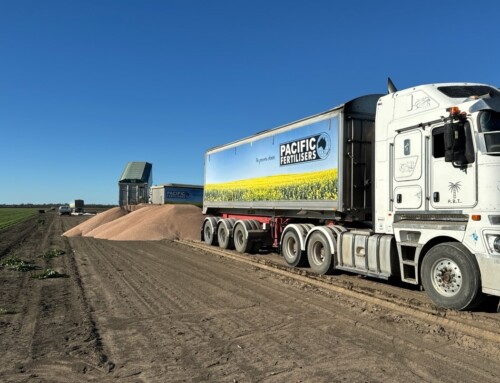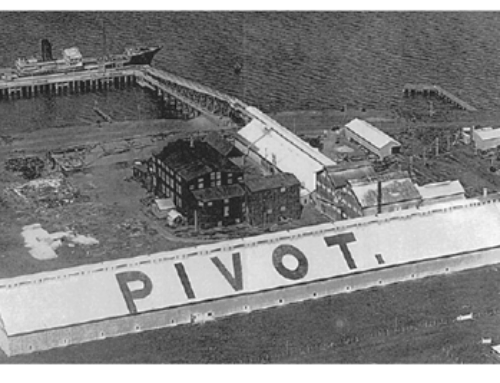Potassium Sulphate or Sulphate of Potassium (SOP) provides both potassium and sulphur in soluble forms.
Potassium Sulphate (0-0-41-18) contains no chloride and is the recommended form of potassium where soils are saline or sodic and where irrigation water may have high chloride levels.
Potassium stimulates the growth of strong stems and gives the plant some disease resistance by promoting thickness of the outer cell walls. Adequate potassium can reduce moisture loss from growing plants, thereby giving some drought resistance. Potassium improves colour, flavour and storing quality of fruit and vegetables.
Potassium sulphate (SOP) can be a more expensive source of potassium than MOP and so its uses are often restricted to five main areas. Where soil or irrigation water salt levels are high and Muriate of Potash (MOP) is undesirable. Where chloride sensitive crops are being grown; for example, berries and vines. Where high chloride levels occur in irrigation water.
Pacific Fertiliser sells Sulphate of Potassium in bulk loads, 1 tonne bulk bags and pallets of 25 kg bags.
Potassium sulphate comes under potash group with others being potassium chloride, nitrate of potash, and other salts of potassium. Presently, it has the lowest consumption share among other group of competing fertilizers like Nitrogen and Phosphates.
Potassium sulphate is the most popular chloride free fertilizer utilized among group of potash fertilizers. Its quality properties and characteristics such as resistance to draught, low salt index, suitability for chloride sensitive crops and saline soil make it highly preferred fertilizer among chloride free fertilizers.
Presently the global production capacity is around 6.5 million tons. Most of the potassium sulphate is utilized for fertilizer application and is produced in various forms such as standard grade, granular grade, or powder (water soluble) grade. Mannheim is the widely used production process globally for manufacturing of SOP. Countries with high agricultural production, population growth, and arable land are the predominant consumers of potassium sulphate fertilizers and import huge quantities of the same.



